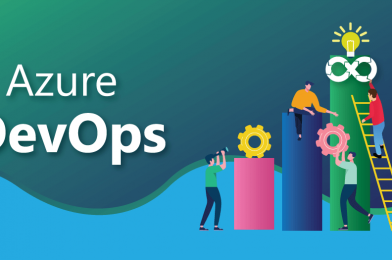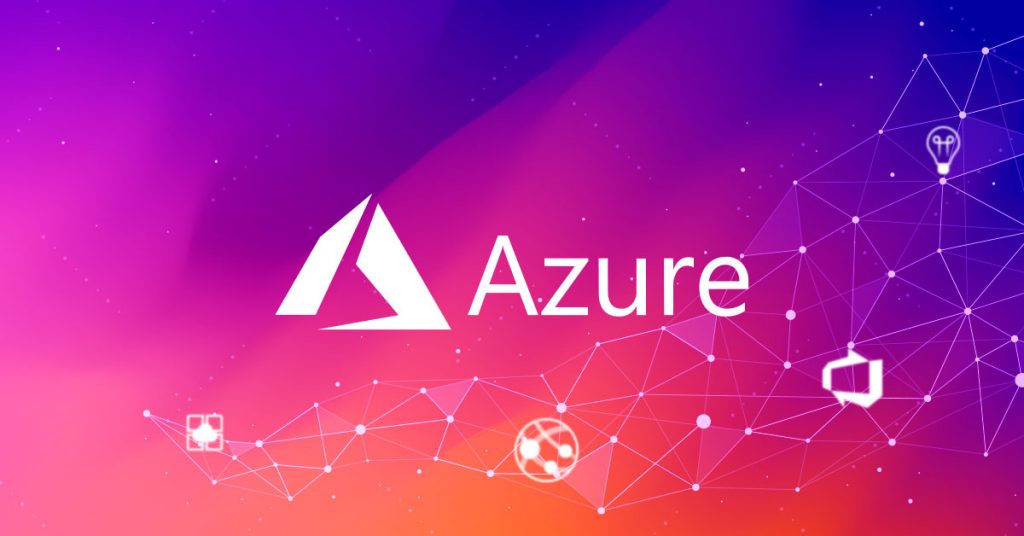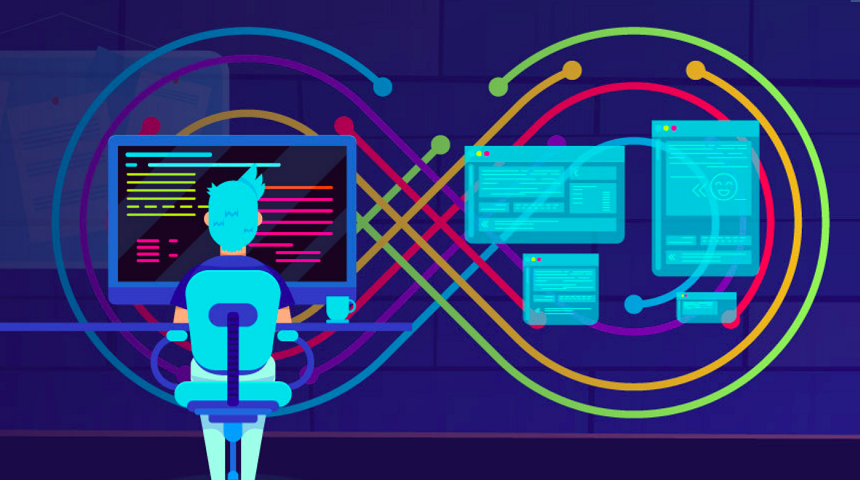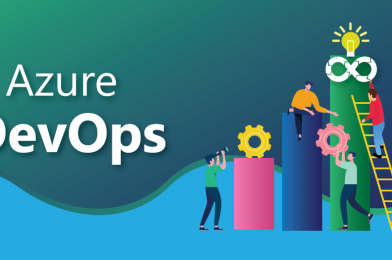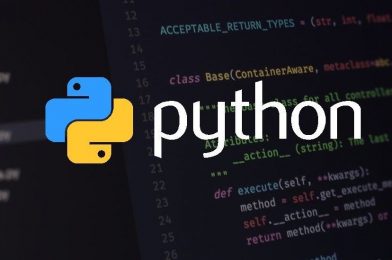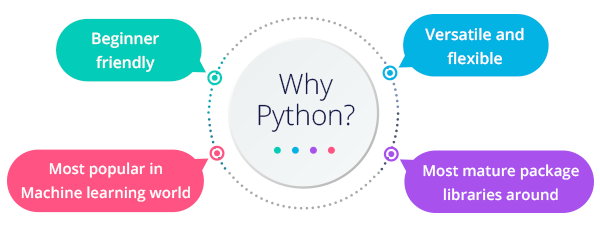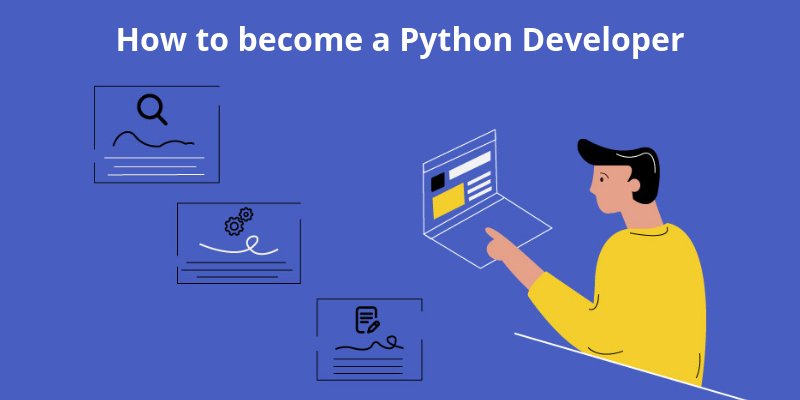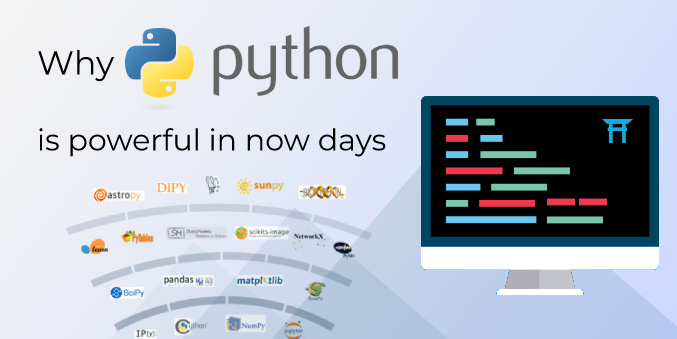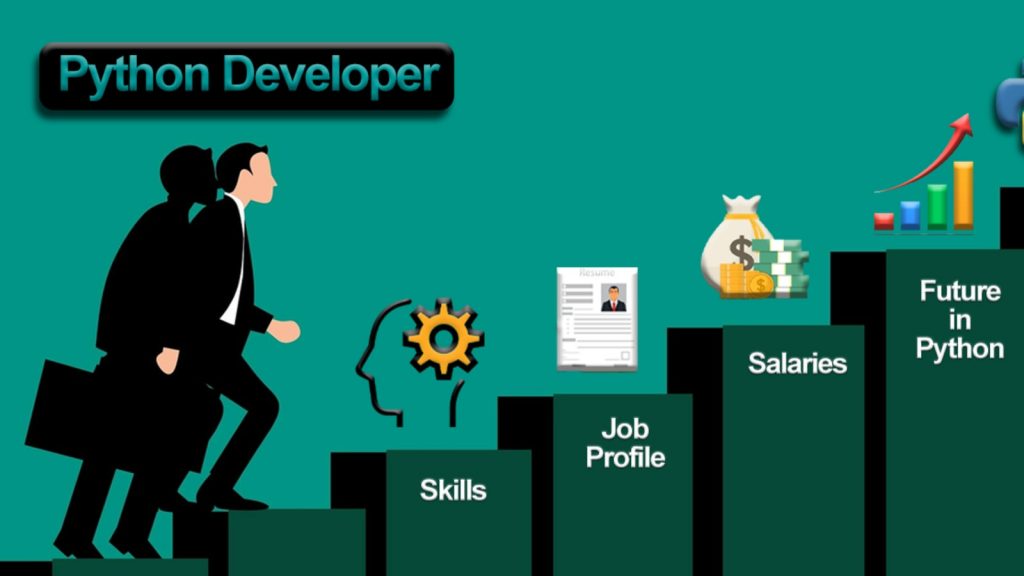Android is an open-source operating system, based on the Linux kernel and used in mobile devices like smartphones, tablets, etc. Various applications like games, music player, camera, etc. are built for these smartphones for running on Android. Google Play Store features quite 3.3 million apps.
You must admit that learning Android app development isn’t easy as it look. For the non-programmer there are several steps in the process, and even experienced programmers have quite a bit to learn when adopting Android. If you’re interested in developing new and innovative applications for the world’s #1 mobile platform – here are my six steps to becoming an Android app developer.
Now the questions arise are, Why Android? How to start? Where to start? And many more Question like this. So in this particular blog we will discuss in all this topics and I will try best to answer them all. Let’s start-
Who is an Android App Developer?

An Android App Developer is a Software Developer expertise in designing applications for the Android for mobile platform. This is the only competitor to Apple’s app store. Their job revolves around creating the apps we use on our smartphones and tablets. It is a skilled, entry-level position.
According to the recent studies, demand for Software Developers, which includes Android Developers, is expected to rise a whopping 21 percent through 2024. As an Android developer, you need to be very clear with your job posting and your responsibilities. So, here are some key roles and responsibilities of an Android Developer, that define who can be a successful developer.
These roles and responsibilities define who can be a successful developer.
There are several of specific tasks that an Android app Developer execute to develop Android applications. There are some of the following duties of Android app Developer-
Design and Build Advanced Applications for the Android Platform
In this an Android Developer dedicates most of their time. This development includes of using C / C++, JavaScript and a few other tools to write program code. It requires extreme attention, because one mistyped line of code can spoil the whole program.
Collaborate with Cross-Functional Teams to Define, Design and Ship New Features
An Android App Developer works with Product Development, User Experience and several other departments to define and design new features that users actually want.
Troubleshoot and Fix Bugs in New and as well as on Existing Applications
An Android App Developer’s job isn’t done after an application is completed. In fact they are also responsible for troubleshooting bugs that arise when the app is shipped to users in near future.
Continuously Discover, Evaluate and Implement New Development Tools
Android App Developers have to be up to date by latest trends in mobile application. They have to discover new tools as they hit the market. This requires the ability to adapt to an ever-changing environment.
Work With Outside Data Sources and APIs
An Android App developer spends so much amount of time working with outside data sources and APIs that provided.
How to become an Android App Developer?
Android App Developers can follow an easy pathway to become a successful Android App Developer as they already have an idea about how the applications work. However, If you are someone, want to start your journey towards becoming an Android App Developer and really gain an advantage in the job market, then start working on these advanced skills many employers prefer in their Android App Developers career-
- Should have strong knowledge of Android SDK and different versions of Android.
- Proficient in programming languages like Java/Kotlin.
- Strong knowledge of Android UI design principles, patterns, and best practices.
- Decent knowledge with SQL.
- Proficient understanding of code versioning tools, such as Git.
- Familiarity with RESTful APIs that connects Android applications to back-end services.
- Experience working with offline storage, threading, and performance tuning.
- Possess the ability to design applications around UI such as touch.
- Ability to understand business requirements and translate them into technical requirements.
- Familiarity with cloud message APIs and push notifications.
- Understanding of Google’s Android design principles and interface guidelines.
- Familiarity with continuous integration.
At last, mastering these skills will definitely help you grow as a successful Android App Developer. And also do note that Android is one such domain where jobs are never out of stock. So start now to be an amazing developer.
Job roles
- Mobile App Developer
- Android Engineer
- Mobile Architect
- Embedded Software Engineer – Mobile
- Lead Software Engineer- Mobile
- Android Developer
- Android Engineer
- Mobile Developer
Why you should choose Android App Developer as a Career?

There are so many reasons why you should go for Android Development. Some notable ones among them are listed below:
Salary
According to the recent studies, the national avg. salary for Software Developers, which includes Android Developers, is $109,300. Those in the bottom 10 percent make less than $57,300, while those in the top 10 percent make more than $183,700. The three states with the highest median salary for Android Developers are California at $128,700, Washington at $123,400 and Massachusetts at $113,600.
Android is an evolving platform
Applications that are created are gaining lot of popularity and are rated top on the Google play store. With the time, Google keeps changing certain functionalities and releasing the new versions. So, you get updates yourself on a regular basis to improvised features that are added to your application. This is also a challenging task to develop, something that can catch the eye of any user.
Easy to learn
The developers out there will definitely feel that the time invested in learning how to develop an Android application is comparatively less than what they invest in other technologies. Have the knowledge of Java and scripting languages like Perl, PHP, and the job is done.
Conclusion
By learning Android development in 2021, you open up for many career opportunities such as freelancing, becoming an indie developer, or working for high profile companies like Google, Amazon, Facebook and more. The demand for native Android developers is still very high, and learning Android development has never been easier thanks to increases in online learning materials. Choosing Android App Developer as Career is a good option in 2021, If you want to learn or want to become an Android App Developer than I would like to suggest you DevOpsscool, One of the best option for this course, provide you best learning experience with in-hand practices, Experts are there to solve your query. Don’t wait for the right time to come, Start your learning today.
I Hope this blog is helpful for you and enough knowledge of Android App Developer.
Thank you!!

